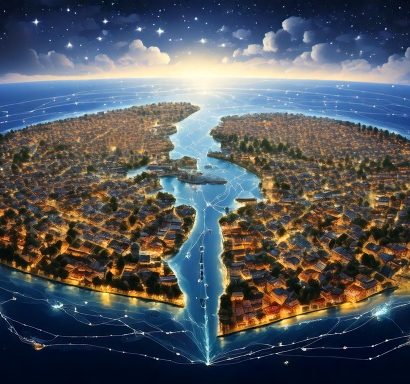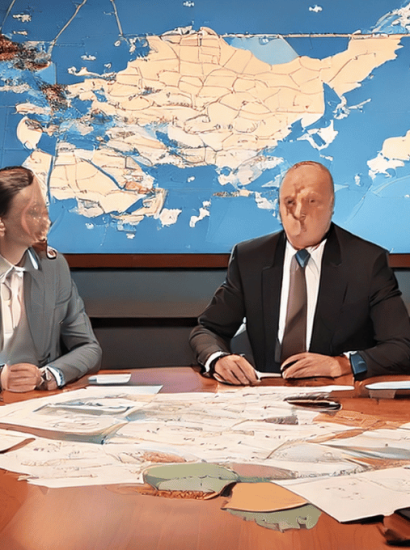This post is also available in: ΕΛΛΗΝΙΚΑ (GREEK) TÜRKÇE (TURKISH)
Seven (out of nine) UN Secretaries-General and almost three dozen UN envoys have dealt with the Cyprus issue. Many, such as Espen Barth Eide and Álvaro de Soto, made it to the lake but did not drink water, as they are the only ones who managed to bring the Cyprus problem to the brink of a solution. Of all of them, however, the only one who truly understood what Cyprus’ problem is and called it out, was Hugo Gobbi. He was the UN special envoy who first presented a map for territorial adjustment with a 72.5% and 27.5% distribution. Gobbi summed up the Cyprus problem in one sentence, namely: “The drama of Cyprus is the absence of drama.”
He said it in 1983 and has since been proven right multiple times. The Turkish invasion was, of course, a tragedy for Greek Cypriots, but Greek Cypriots overcame it very quickly with the antidote of economic recovery. The first president after Makarios, Spyros Kyprianou, often spoke of a Cypriot miracle and of course, in conditions of an economic miracle, the desire to compromise with the ‘victorious’ but hapless Turkish Cypriots is weakened.
The “Guardian”, an international newspaper that has perhaps been more concerned with Cyprus than any other international media, following the imposition of international sanctions against Cypriot professionals and organisations, came to confirm Hugo Gobbi. On April 22, it referred to “back-to-back meetings, an air of discernible panic, policymakers engaged in frantic damage limitation and Cyprus once again in the eye of a Russia-related storm.”
The report argued that few countries have taken advantage of geopolitical turmoil as Cyprus, boosting its economy with refugees from the Lebanese civil war in the 1970s, becoming the main destination for “money laundering” by the Milošević regime during the Yugoslav wars and welcoming its first Russian oligarchs after the collapse of the Soviet Union.
Cyprus overcame the drama of the Turkish occupation and the loss of 40% of its territory, experiencing the prosperity secured from the Lebanese civil war, the laundering of Milošević and the reception of Russian oligarchs. The exploitation of the Russian oligarchy, which spans a period of at least two and a half decades, not only overshadowed the drama of partition, but also generated dependencies. Dependencies on a country, Russia, which would not stand to benefit from a solution to the Cyprus problem. Instead, it benefits from its non-solution and the perpetuation of a Western problem in the heart of a volatile region in the West, in the nerve centre of NATO’s south-eastern wing.
Forty years later, Hugo Gobbi is being vindicated in a dramatic way. And our drama? Greek Cypriots have yet to figure it out.
Source: THE CYPRUS PROBLEM AND CORRUPTION







[…] ENGLISH (İNGİLİZCE) ΕΛΛΗΝΙΚΑ (YUNANCA) […]
[…] ENGLISH (İNGİLİZCE) ΕΛΛΗΝΙΚΑ (YUNANCA) […]